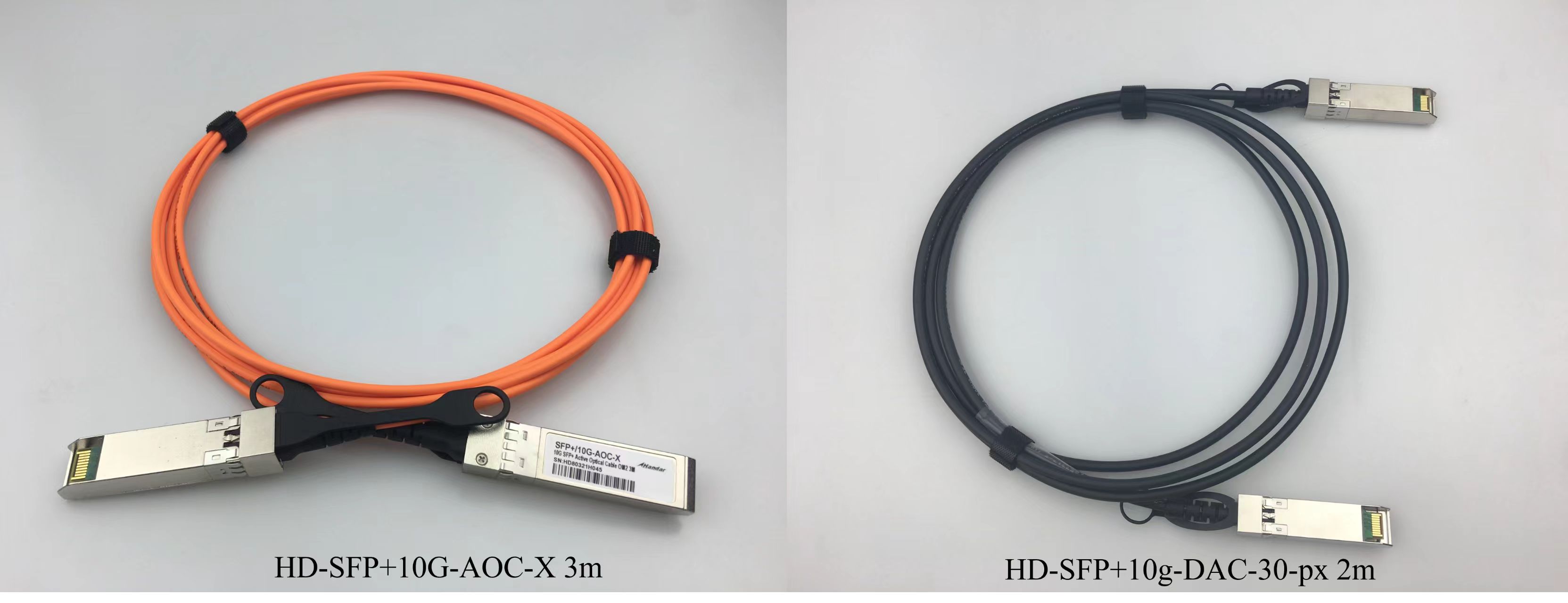A Brief Analysis of the Differences Between GPON and EPON
2023-09-25(1157)views
In today's communication landscape, GPON (Gigabit Passive Optical Network) and EPON (Ethernet Passive Optical Network) are two common fiber-optic access technologies. While they share many similarities, there are also key differences between them.So we will delve into the distinctions between GPON and EPON to help you better understand their applications and advantages in this blog。
1. Technical Standards:
GPON: GPON is an international standard defined by ITU-T (International Telecommunication Union - Telecommunication Sector). It utilizes a technology known as Wavelength Division Multiplexing (WDM), allowing multiple wavelengths to be simultaneously transmitted on a single optical fiber.
EPON: EPON is part of the IEEE (Institute of Electrical and Electronics Engineers) standards and employs Ethernet technology, using a single wavelength to transmit data.
2. Upstream and Downstream Speeds:
GPON: GPON typically offers higher downstream speeds (download speeds) and lower upstream speeds (upload speeds) which suits most residential and business users as they tend to download more data.
EPON: EPON provides symmetrical upstream and downstream speeds, meaning the upload and download speeds are the same. This is beneficial for applications that require significant data uploads, such as video conferencing or cloud storage.
3. Network Topology:
GPON: GPON networks typically employ a star topology, where Optical Network Terminals (ONTs) connect to an Optical Line Terminal (OLT). This structure is suitable for broad coverage but may require more optical fiber.
EPON: EPON networks often use a tree-like topology, which is more suitable for smaller areas like residential neighborhoods or business parks.
4. Compatibility:
GPON: GPON networks are generally not compatible with EPON devices due to the use of different technical standards and protocols.
EPON: EPON networks are also typically not compatible with GPON devices for the same reason.
5. Cost and Deployment:
GPON: GPON network deployments usually come with higher costs but are suitable for scenarios that require higher bandwidth and larger coverage areas.
EPON: EPON network deployments tend to have lower costs and are better suited for smaller networks and compact areas.
While GPON and EPON exhibit distinct differences in technology and application, the choice between the two depends on your specific needs and budget. It's worth noting that as technology evolves, some hybrid solutions are emerging, allowing GPON and EPON devices to coexist within the same network. Regardless of your choice, a careful assessment based on your specific circumstances is essential to ensure you select the most suitable fiber-optic access solution for your requirements.
As an established company with more than 10 years of industry experience, Whandar optic technology has been committed to providing customers with safe and reliable communication products. Follow us and we will share more industry information with you.
Latest News
-

Spring Festival Holiday Notice
Dear Valued Customers and Partners,As the Spring Festival ap...
-

What is Sora, and what new impact will it have on the intelligence field?
Sora AI, a groundbreaking system, revolutionizes video creat...
-

Whandar 2024 Spring Festival Holiday Notice
SFP supplier in Shenzhen
-

Understanding the Differences between AOC and DAC Cables
We aremanufacturers of optical module,fiber optic transceive...
0755-86654236
Phone:0755-86654236
Telephone:
Fax:0755-86654231-869
Email:sales@huahanda.com
Address:4th Floor, Building 4, Xusheng Xifa B Industrial Zone, Yintian Gonghe Industrial Road, Xixiang Town, Baoan District, Shenzhen


 sales@huahanda.com
sales@huahanda.com 0755-86654236
0755-86654236